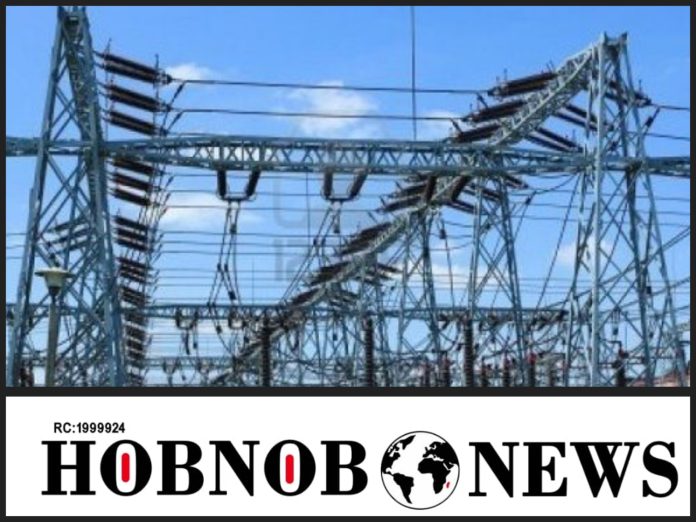The Nigerian government has in 2023 spent over N600 billion in electricity subsidy in 2023 alone.
This is even as forex unification and the high inflationary pressures in pushed cost-reflective tariffs to N124/kWh.
The Nigerian Electricity Regulatory Commission (NERC) while making this known said that the federal government paid the sum of N2.8 trillion to subsidise electricity consumed in the country from 2015 to 2022.
In similar vein, the minister of Power, Adebayo Adelabu, has advocated for the pricing of gas utilised by the electricity Generation Companies (GenCos) in Naira to allow better management of the foreign currency-related inflationary trends in the sector.
The minister while faulting the country’s current pricing of gas utilised by GenCos in US dollars, noted that that is the major issue in Nigeria’s power sector.
Adelabu while speaking on Tuesday, at the ongoing three-day ministerial retreat in Abuja, said the pricing of gas utilised by GenCos in Dollars affects the pricing of electricity to end-users due to foreign exchange volatility.
In his words:
“A hugely volatile variable that significantly affects the pricing of electricity to end-users. A more preferable option is to ensure that the gas utilised by the GenCos is traded in Naira to better manage the foreign currency-related inflationary trends that challenge the faithful application of the Multi-Year Tariff Order (MYTO) methodology,” he said.
This is coming barely a week after GenCos warned that they may not be able to sustain current electricity supply levels following the payment of only 28.3 per cent of an invoice for power supplied to the national grid by the Nigerian Bulk Electricity Trading Plc in the September payment cycle.
“The good news here is that over 98 per cent of the feedstock powering electricity generation in the country are transition or clean fuels, as Nigeria ramps up its capacity to generate more electricity through renewable means such as solar, hydro, wind, bioenergy and others,” he said.

